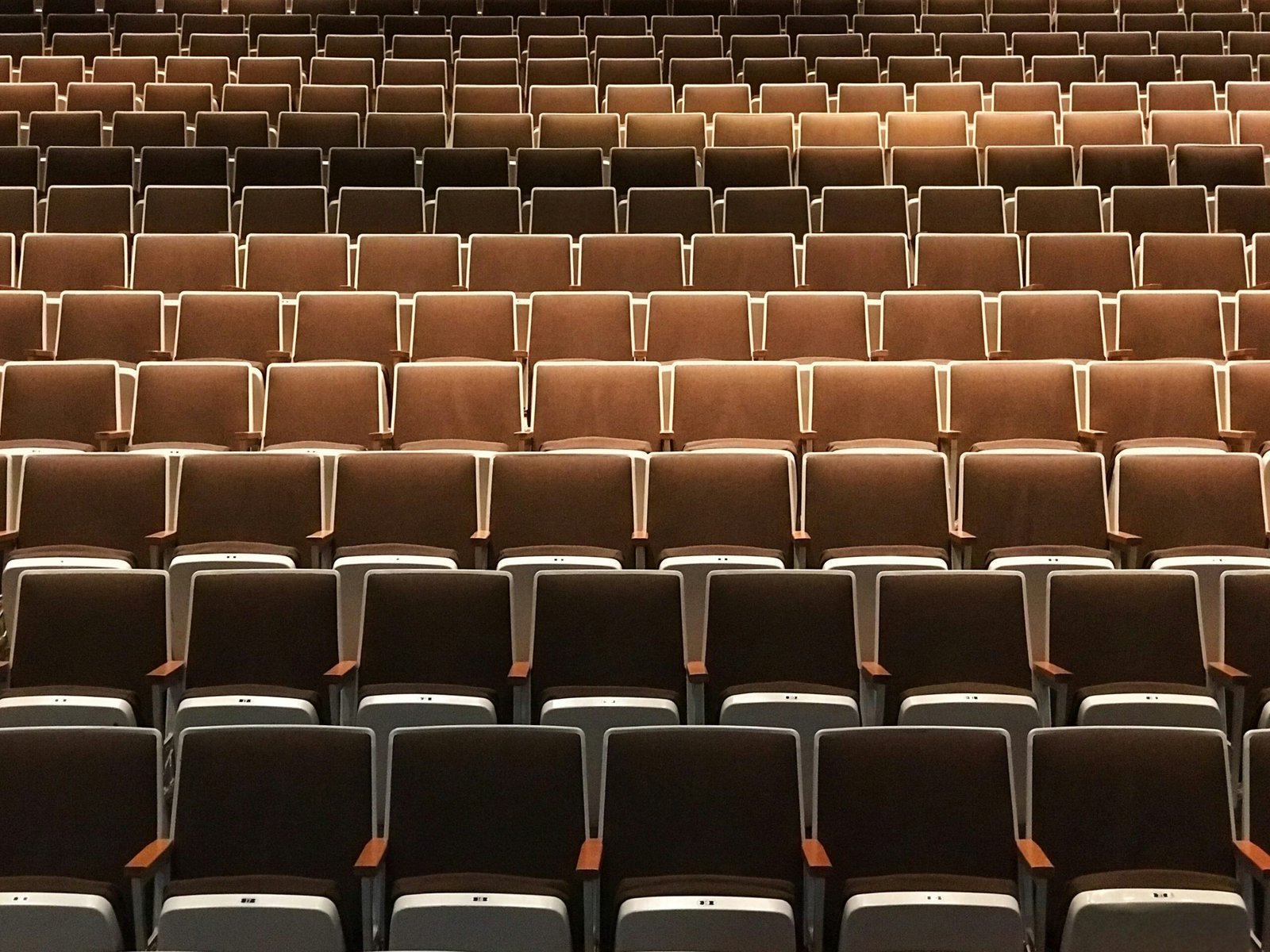Emerging Genres and Artists for 2024
As the music industry evolves, 2024 is expected to usher in novel genres and remarkable artists that will considerably shape the musical landscape. A notable trend is the fusion of genres, where established styles such as pop, rock, hip-hop, and electronic music intertwine to create fresh sounds. Industry experts foresee this blending as a response to diverse listener preferences, illustrating an evolution that reflects the globalization of music. The increasing access to various genres worldwide allows emerging artists to experiment creatively, giving rise to hybrid sounds that resonate with a broad audience.
Among the genres garnering attention in 2024 is “hyperpop,” characterized by its chaotic production, catchy melodies, and often an experimental approach. Artists like 100 gecs and Charli XCX have already paved the way for a new wave of musicians to adopt this style, appealing to younger audiences. Furthermore, “trap” music continues to evolve, with new artists like Eem Triplin making strides by incorporating elements from other genres and showcasing their versatility at live performances. This adaptability is integral to the success of emerging artists as they tap into the shifting demands of concertgoers.
The role of technology also cannot be overlooked, as platforms like TikTok have become crucial for music discovery, allowing artists to reach audiences rapidly. The virality of songs on social media presents opportunities for lesser-known musicians to break through mainstream barriers. Additionally, augmented reality (AR) and virtual reality (VR) technologies are predicted to enhance concert experiences, allowing fans to engage with emerging artists in interactive settings. As these technologies progress, they may redefine how concerts are perceived, augmenting the traditional live experience while promoting new genres and talents.
Overall, emerging genres and artists in 2024 are set to transform not just the music scene, but also the concert experiences that accompany them, marking a significant shift in the industry landscape.
Technological Innovations Enhancing Live Concerts
As we step into 2024, the landscape of live music concerts is undergoing a significant transformation through various technological innovations. These advancements are redefining audience engagement and enhancing the overall concert experience. One of the most notable innovations is the integration of augmented reality (AR) and virtual reality (VR) technologies. These immersive experiences offer fans the opportunity to participate in concerts from different perspectives, breaking geographical barriers and providing interactive elements that were previously unimaginable.
For instance, select concerts in 2023 showcased VR platforms where viewers could experience the performance as if they were on stage with the artists, resulting in a more intimate and personalized connection. This not only broadened access to live performances but also fostered a sense of community amongst fans who could engage in real-time, regardless of their physical location. Moreover, the use of AR during concerts has allowed artists to create captivating visual displays that complement their music, enhancing the narrative of their performances.
Furthermore, advancements in sound system technology have played a crucial role in elevating the auditory experience. The advent of spatial audio technologies provides a more immersive sound environment, allowing concertgoers to perceive music from multiple spatial points, replicating the artists’ intended sound design more accurately. Recent case studies highlight festivals that have implemented these audio technologies, resulting in overwhelmingly positive feedback from attendees who enjoyed a more enveloping sound experience.
Lighting design has also been revolutionized, with the introduction of smart lighting systems that can sync with the music, creating a multi-sensory journey for spectators. These innovations are not only enhancing live performances but also pushing the boundaries of creativity within the music industry. As these technologies continue to evolve, they promise to reshape the future of live concerts, ensuring that audiences remain captivated and engaged throughout their musical journey.
Sustainable Practices in Concert Production
The concert industry is steadily evolving, with an increasing emphasis on sustainability practices that align with global efforts to combat climate change. As we approach 2024, artists, promoters, and venues are adopting eco-friendly strategies in concert production, demonstrating a commitment to reducing their environmental footprint. One significant aspect of this movement is waste reduction. Concert organizers are implementing thorough recycling and composting programs to minimize waste generated during events. By carefully managing materials and encouraging attendees to dispose of waste responsibly, the music industry is setting a precedent for large-scale events.
Carbon offsetting has also gained traction among artists and promoters. Many are partnering with organizations dedicated to environmental conservation and sustainability, compensating for the carbon emissions generated by their tours. Initiatives such as tree planting and funding renewable energy projects serve not only to neutralize their impact but also inspire fans to consider their own carbon footprints. By promoting these efforts, musicians are engaging their audiences in a shared duty for a healthier planet.
Moreover, the use of renewable energy sources is increasingly prevalent in concert production. Venues are beginning to utilize solar panels, wind turbines, and other green technologies to power their operations. This shift not only reduces dependency on fossil fuels but also inspires fans and fellow artists to embrace similar initiatives in their own lives. Interviews with artists committed to sustainability reveal that they regard eco-conscious choices as an essential aspect of their touring strategies, reflecting their values and resonating with fans who prioritize environmental responsibility.
As the concert industry continues to grow, these sustainable practices promise not only to define the future of music events but also to encourage a collective movement towards ecological mindfulness in entertainment. By supporting artists and venues that prioritize sustainability, fans can contribute significantly to the industry’s transformation and foster a more environmentally friendly concert experience.
Fan Engagement and Community Building at Concerts
As we venture into 2024, the landscape of concerts is undergoing a significant transformation, driven largely by advances in technology and changing audience expectations. Artists are increasingly recognizing the importance of fan engagement and community building during live performances, evolving from traditional methods to more interactive and inclusive approaches. This shift is underscored by the rise of social media platforms, where direct interaction between artists and fans can take place in real time, fostering a deeper connection.
One prominent trend is the use of social media to facilitate live interactions during concerts. Artists are leveraging platforms like Instagram, Twitter, and TikTok to engage with their audience, encouraging fans to share their concert experiences using specific hashtags or tagging the artist. This not only amplifies the excitement but also allows fans to feel acknowledged and valued in the larger concert experience. Additionally, artists may conduct live polls or Q&A sessions related to the setlist or stage production, creating a participatory environment that transforms the audience from passive spectators to active contributors.
Moreover, exclusive fan experiences have become pivotal in enhancing engagement. Many artists are now offering VIP packages that include meet-and-greet opportunities, backstage access, or special merchandise. These initiatives promote a sense of exclusivity and belonging among fans, reinforcing their relationship with the artist. Further, community-driven initiatives such as charity partnerships or fan-led events have gained traction, encouraging followers to engage not only with the artist but also with each other, fostering a vibrant community atmosphere.
This evolution signifies a profound change in concert culture, signaling that modern live music events are no longer just a performance but a communal experience. As artists continue to explore innovative ways to connect with their audience, the concert experience in 2024 promises to be more engaging and community-oriented than ever before.






Leave a Reply